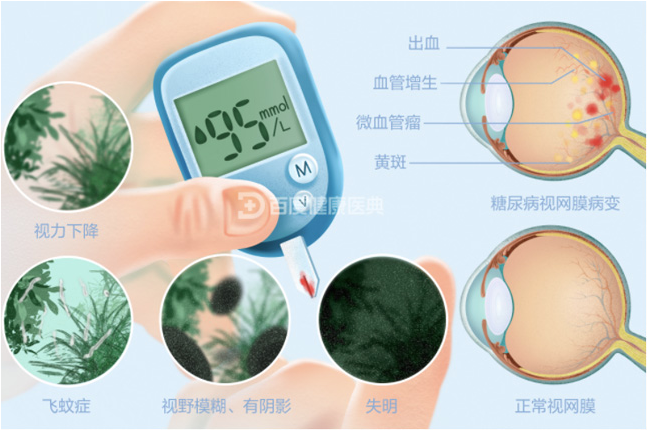In life, many factors can lead to corneal injury and inflammation, and the cornea is not an independent tissue, which images with ocular surface tissues such as conjunctiva. Corneal injury and inflammation will gradually neovascularize, and the phenotype of conjunctival epithelium will also change, which will cause a series of pathological degeneration such as dry eye, and then cause visual dysfunction.
Therefore, corneal diseases belong to ocular surface diseases, but different from general ocular surface diseases, it has its particularity. Many serious complications of ocular surface diseases can image the transparency of cornea. In severe cases, it can lead to decreased vision and even blindness, that is, corneal blindness.
There are many diseases that cause corneal blindness, such as infectious keratopathy caused by fungal or viral infection of the cornea, non infectious keratitis caused by systemic immune diseases, keratoconus, ocular trauma and other eye diseases. It is understood that corneal blindness is the second leading cause of blindness and low visual acuity, second only to cataract. Therefore, the prevention and treatment of ocular surface diseases is of great significance.

So what about patients with corneal blindness? At present, there is only one way to restore vision in patients with corneal blindness, that is, corneal replacement through corneal transplantation. However, many people have heard that living corneal donation is low. In recent years, the supply and demand of corneal transplantation in China has accounted for as high as 1:70; In other words, only one in 70 people can get cornea, while there are more than 4 million corneal blindness patients in China, and the number is increasing by 100000 every year. In addition to the small amount of corneal donation, the rejection of corneal transplantation is the stumbling block on the road of corneal disease treatment anyway.

The listing of artificial cornea can alleviate the lack of corneal donors in China to a certain extent, and the rejection reaction of artificial cornea is much smaller than that of living cornea. The newly launched Michaelis artificial cornea is suitable for patients with bilateral corneal blindness who are difficult to succeed in corneal transplantation, including corneal transplantation failure, severe keratoconjunctival scar vascularization caused by chemical injury, thermal burn and explosion injury, eyelid atresia, serious autoimmune diseases, corneal blindness caused by end-stage dry eye, etc. The product is made of artificial materials and does not need donor cornea, which can reduce the risk of injury to the affected eye caused by implantation. For more details about Michaelis artificial cornea, please contact: 400-111-8801